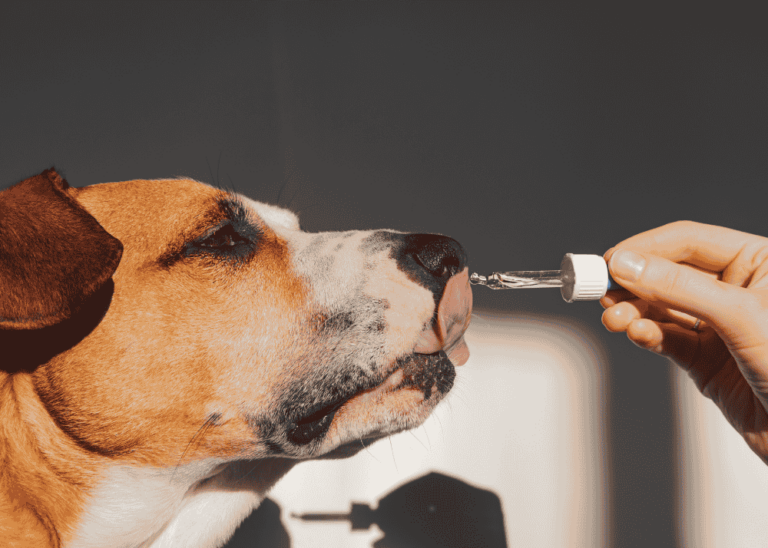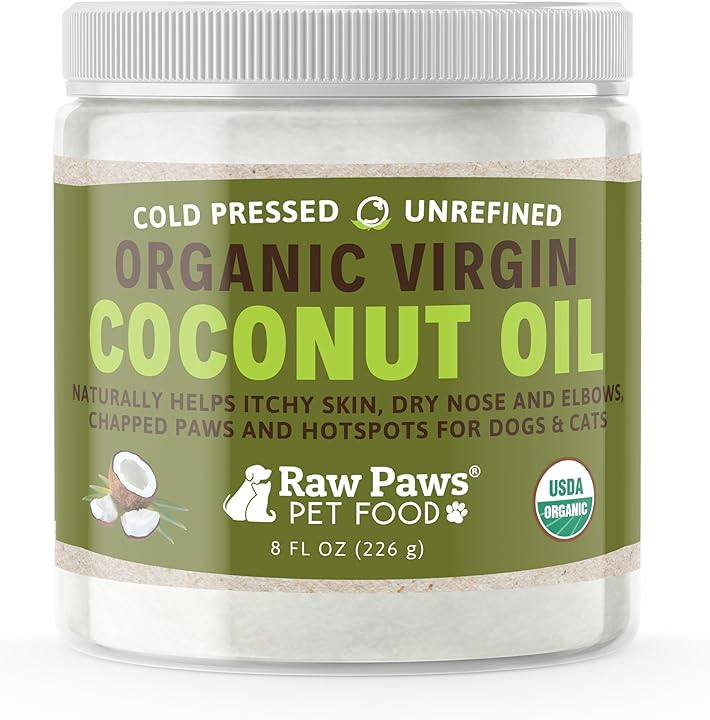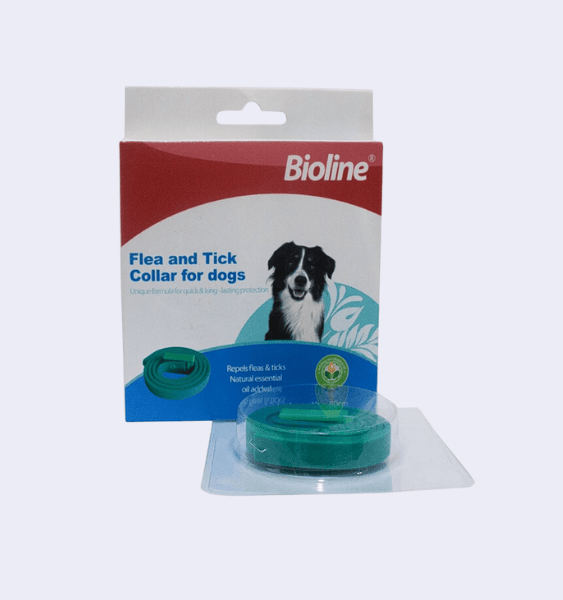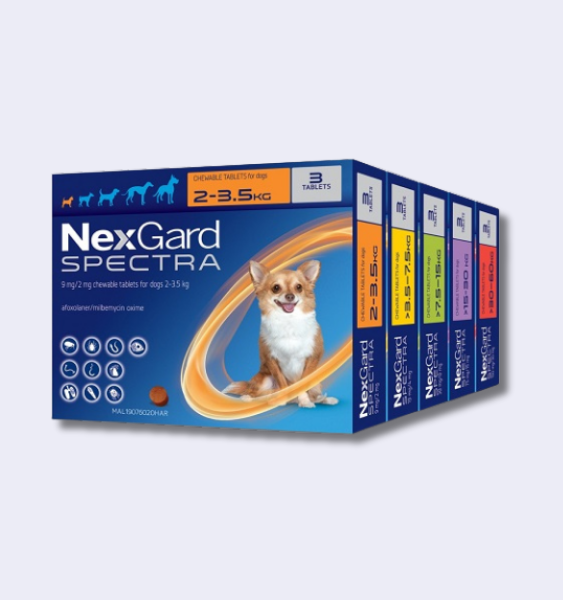
Disclaimer:
This blog is intended for informational purposes only. All information provided is based on research, and we strive to ensure accuracy to avoid any harm to pets. However, we recommend conducting your own research and consulting a veterinarian before making any dietary changes for your dog.
Introduction:
Coconut oil has gained popularity as a superfood for humans, but did you know it can also be highly beneficial for your furry friend? Packed with nutrients, coconut oil can improve your dog’s health, from a shiny coat to better digestion. In this guide, we’ll explore the nutrients in coconut oil, its benefits, and how to safely incorporate it into your dog’s diet.
Nutritional Profile of Coconut Oil
Coconut oil is rich in healthy fats, primarily medium-chain triglycerides (MCTs). These MCTs provide several health benefits and are easier for dogs to digest than long-chain fatty acids found in other oils. Key nutrients in coconut oil include:
Lauric Acid – Known for its antimicrobial and antifungal properties.
Caprylic and Capric Acids – Support gut health and combat yeast infections.
Vitamin E – Promotes healthy skin and coat.
Antioxidants – Help reduce inflammation and improve immune function.
Benefits of Coconut Oil for Dogs
Improves Skin and Coat Health
Coconut oil can moisturize dry, itchy skin and reduce dandruff. It also promotes a shiny, healthy coat. Applying it topically can soothe minor cuts, burns, and insect bites.Supports Digestive Health
Adding coconut oil to your dog’s diet can improve digestion, reduce bloating, and help with nutrient absorption. It may also help relieve constipation.Boosts Immune System
The antimicrobial properties of coconut oil help protect against infections and strengthen your dog’s immune system.Promotes Oral Health
Coconut oil can be used as a natural toothpaste to reduce bad breath and fight bacteria in your dog’s mouth.Enhances Energy Levels
The MCTs in coconut oil provide a quick energy boost, making it a great addition to your dog’s diet, especially for active or working dogs.Helps Manage Weight
Despite being a fat, coconut oil can support weight management by improving metabolism and helping burn calories more efficiently.Improves Cognitive Function
Studies suggest MCTs may enhance brain function, making coconut oil beneficial for older dogs prone to cognitive decline.
Product Recommendations

Petcher Organics Virgin Coconut Oil
Packed with natural nutrients, it helps maintain a soft, shiny coat while adding a mild, pleasant coconut flavor to meals.
Available on Shopee: Petcher Organics Virgin Coconut Oil

Raw Paws Virgin Organic Coconut Oil
Organic Coconut oil for dogs, a soothing, natural treatment for dogs dry nose, elbows, ears, paws and wrinkles that heals and softens a pet's dry skin. As a dog ear cleaner or paw balm, coconut oil provides safe and highly effective itch relief for dogs. Great benefits for your feline friends too- all natural coconut oil is great for cats itchy skin, cracked paws and is effective in cleaning cat ears.
Available on Amazon: Raw Paws Virgin Organic Coconut Oil
Feeding Guide: How to Add Coconut Oil to Your Dog’s Diet
1. Start Slowly
Introduce coconut oil gradually to avoid digestive upset. Begin with a small amount and increase it over time.
Small dogs (under 10 lbs): 1/4 teaspoon per day
Medium dogs (10–30 lbs): 1 teaspoon per day
Large dogs (30–60 lbs): 1–2 teaspoons per day
Extra-large dogs (60+ lbs): 1 tablespoon per day
2. Choose High-Quality Oil
Opt for virgin, organic, and unrefined coconut oil for the best results.
3. Monitor for Allergies or Side Effects
While coconut oil is generally safe, some dogs may be allergic or experience diarrhea. Discontinue use if any adverse reactions occur.
4. Topical Use
Apply a small amount directly to dry or irritated areas of the skin or paw pads.
FAQs About Coconut Oil for Dogs
1. Can all dogs eat coconut oil?
Most dogs can safely consume coconut oil, but it’s always best to consult your veterinarian, especially if your dog has a history of pancreatitis or is overweight.
2. How often should I give my dog coconut oil?
You can feed it daily in small amounts or as a weekly treat. Adjust frequency based on your dog’s needs.
3. Can I use coconut oil as a flea repellent?
Yes! Coconut oil can act as a natural flea and tick repellent when applied to your dog’s coat.
Coconut oil is a versatile and nutritious supplement that can offer numerous health benefits for your dog. From improving skin and coat health to boosting immunity and digestion, it’s a natural remedy worth considering. Remember to start slowly, monitor your pet’s response, and consult your vet for personalized advice.





